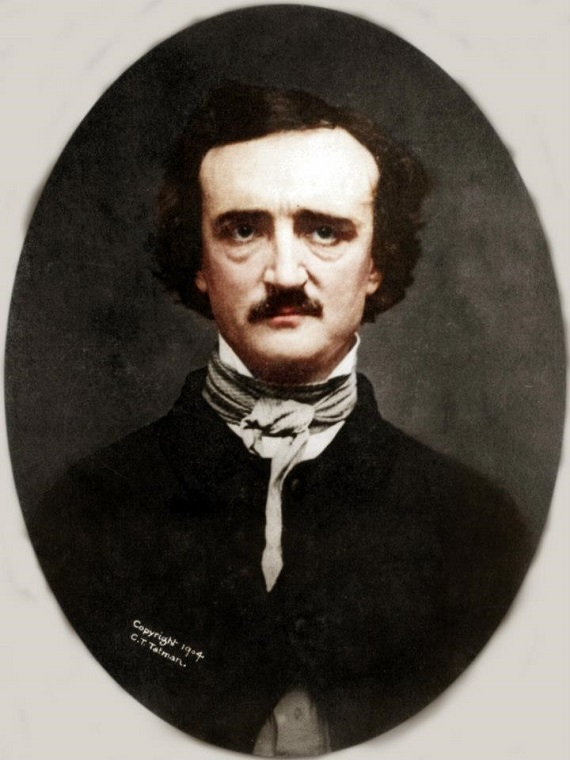
A series by Clyde Wilson
EDGAR ALLAN POE (1809–1849) of Virginia was the great creative genius of 19th century American literature in poetry, fiction, and criticism. Although accidentally born in Boston and spending part of his foreshortened life earning a living in New York, Poe was, and unequivocally considered himself to be, a Southerner. In all his career he was in combat with the New England literary establishment, which he openly ridiculed as “the Frog-pondians,” writers who imagined that their little empire in Boston was the center of the world.
While the celebrated authors of New England were writing ditties about “barefoot boys with cheeks of tan,” sleigh rides to grandma’s house, and an imaginary Indian named Hiawatha, not to mention Emerson’s conceited secular sermons, Poe was expanding the musical potential of the English language and the frontiers of human imagination. The great Irish poet William Butler Yeats wrote that Poe was “certainly the greatest of American poets, and always and for every land, a great lyric poet.” Like some other Southern writers, notably Faulkner, Poe’s genius was appreciated in Europe when his reputation was ignored or slandered in Northeastern literary circles. It is possible to give only a slight but hopefully suggestive sample from his large body of poetic work.
Part 1:
More @ The Abbeville Institute

No comments:
Post a Comment